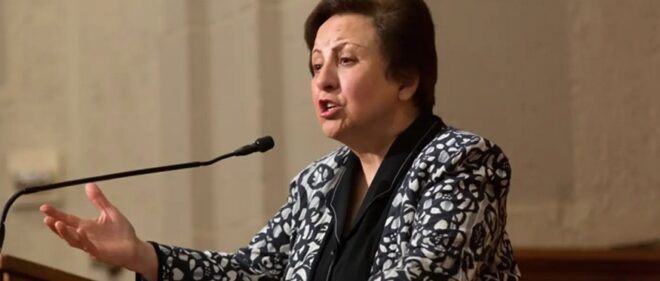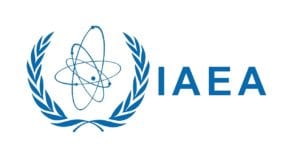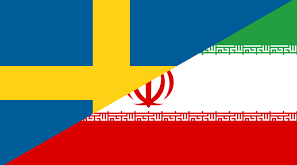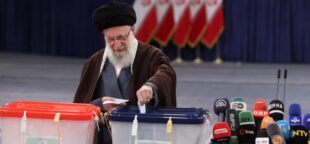iranintl.com – Iranian Nobel Peace Prize laureate Shirin Ebadi has called on the UN General Assembly (UNGA) to cancel a planned tribute honoring Iranian President Ebrahim Raisi, who died last weekend in a helicopter crash along with other officials.
In an Instagram post, Ebadi wrote that the homage is being held despite the UN fact-finding mission recently categorizing the violence committed by the Islamic Republic as a “crime against humanity.”
The UN Special Rapporteur on Human Rights has also reported widespread violations of human rights in Iran for years.
Ebadi, a former judge who won the 2003 Nobel Peace Prize for her pioneering human rights work in Iran, asked UN chiefs to call Raisi by the same term that “Iranians call him: Butcher of Tehran.”
She contended that the UN’s assertion that the ceremony follows protocol is incorrect, as Raisi is not Iran’s highest political official.
“Ali Khamenei is the highest political and military official in the Islamic Republic. When he dies, the UN can hold a quadruple memorial ceremony for him along with Saddam Hussein, Muammar Gaddafi, and Hitler,” she added.
In March, a UN fact-finding mission determined that the Iranian regime had committed crimes against humanity in its crackdown on 2022 protests, which included killings, imprisonment, torture, and sexual violence.
The UN Human Rights Council established the Fact-Finding Mission (FFM) in November 2022, two months after the Woman, Life, Freedom protests swept the country following the death of 22-year-old Mahsa Amini in custody, during which over 550 porters were killed and thousands were detained.
“The Islamic Republic’s record is too tarnished and disgraceful for its officials to be honored in a venue that upholds principles of justice, fairness, and conscience,” Ebadi further said.
Western leaders’ condolence messages following the deaths of President Raisi and Foreign Minister Abdollahian have sparked immediate and harsh criticism among Iranians – and others.
Critics believe that offering condolences to such a regime implicitly legitimizes its actions, which encompass suppressing dissent, supporting terrorism, and committing ongoing human rights violations.
During the 1980s, Ebrahim Raisi served on a “Death Panel” that oversaw the execution of at least two thousand Iranian political prisoners.
 Shabtabnews In this dark night, I have lost my way – Arise from a corner, oh you the star of guidance.
Shabtabnews In this dark night, I have lost my way – Arise from a corner, oh you the star of guidance.



